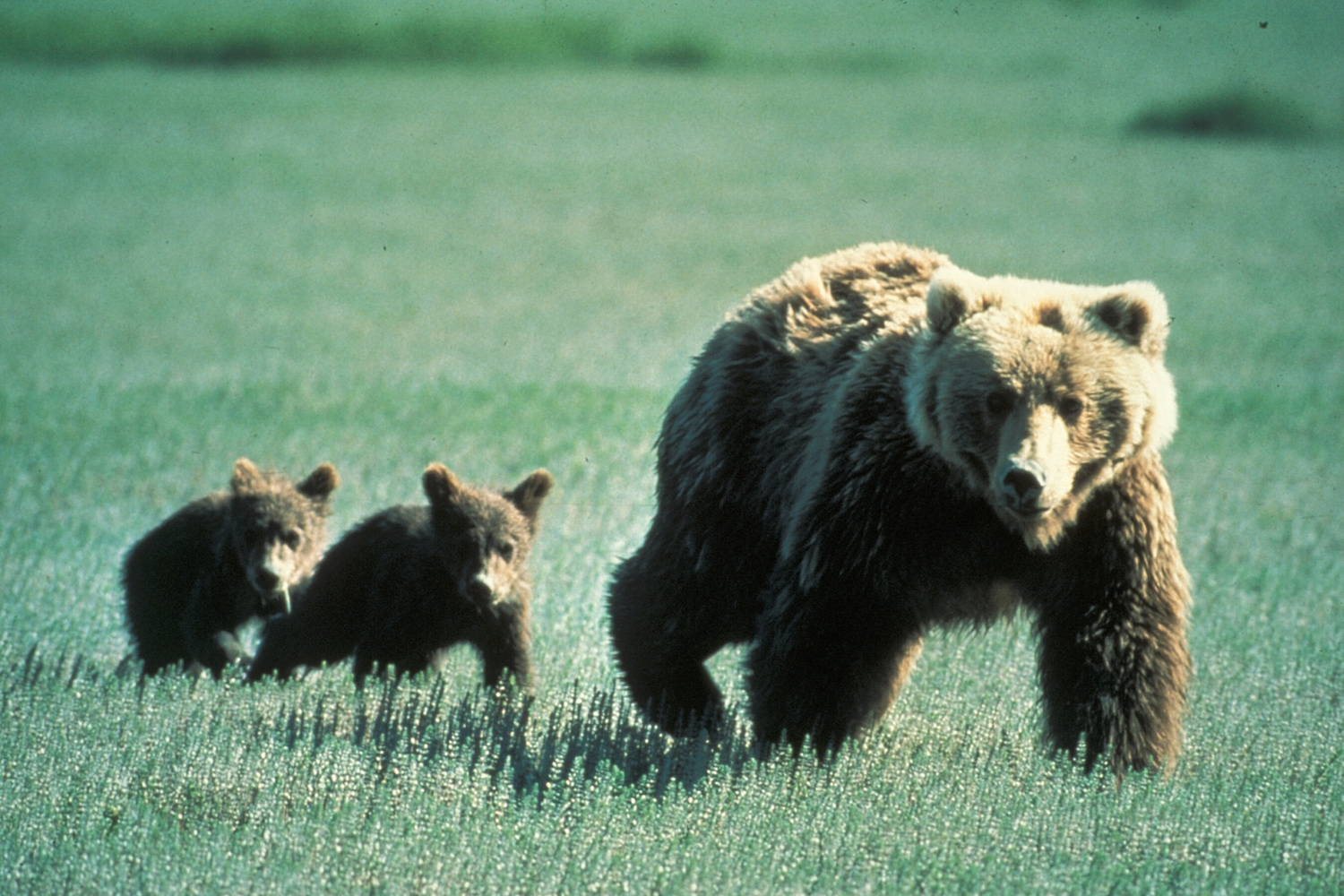 |
| Gray wolf |
Wolves are known for their signature method of hunting in packs, which helps them bring down large prey ranging from deer to moose and bison. But a recent research conducted in Minnesota's Voyageurs National Park has found that wolves have developed a taste of fish. This was seen when researchers with the Voyageurs Wolf Project recorded wolves catching freshwater fish as a seasonal source of food. This extraordinary finding is a new addition to the initial studies of Voyageurs' wolves, which have shown that the animals consume beavers and even blueberries to add to their diet. Since 2015, wolves from seven different packs in and around Voyageurs were fitted with GPS collars. Researchers collected location data from the wolves every twenty minutes, which enabled them to surge on the animals' feeding habits at a finer scale. This was how members of one of the wolf packs, known as the Bowman Bay pack, were first suspected by the researchers of eating fish.
 |
| Wolf scat containing blueberries |
In April 2017, Tom Gable from University of Minnesota strolled to a creek where one of the collared wolves spent a great deal of time. He saw a collared wolf approximately 50 feet away while hiding in the shrubs on the edge of the creek. Dr. Gable watched the wolf wander back and forth around the creek, repeatedly running into the creek and splashing around. Then it stopped, and appeared to be eating something, before returning to the creek. When the wolf left, Dr. Gable emerged from his hiding spot and investigated the area. He knew right away that wolf was catching fish in the creek. Dr. Gable and his colleagues quickly learned that the scene he saw was a seasonal meal. In a month after his trek to the creek, researchers discovered that two collared Bowman Bay pack members spent roughly half their time fishing there. A year later, Dr. Gable and his colleagues spotted the pack visiting the creek again, so they installed camera traps, and captured footage of the wolves catching fish at night. In addition to eating their freshly-caught fish, the wolves were even shown to store their prey on the creek's bank.
 |
| Dr. Tom Gable with a lower mandible of a beaver killed by a wolf |
I find it very fascinating what the researchers have uncovered about wolves in Voyageurs National Park. I have heard of studies done in coastal habitats of Alaska and British Columbia which have shown wolves habitually catching and eating salmon during the spawning season, but this is the first time they have been observed eating freshwater fish. The research studies on feeding behavior of wolves in Voyageurs, Alaska, and British Columbia have shown that the animals are highly opportunistic and can readily adapt to new sources of food. In addition to meat matter, Voyageurs' wolves have been observed to feed on blueberries. These findings, in my opinion, are clear proof of how bears and dogs are related to one another. I also think that this omnivorous diet is an indicator of how wolves are directly related to domestic dogs. The reason is because some kinds of dog food contain a combination of both meat and vegetarian substances. It goes to show that both wolves and domestic dogs, despite their carnivorous design, have managed to adapt for thousands of years in a variety of ways, including changing their feeding behavior.
 |
| Wolves lounging on a frozen lake in Voyageurs National Park |
View article and video here







(168).jpg/1920px-Somalia_(Somaliland)(168).jpg)












.jpg/1920px-Canine_Distemper_Virus_Cytoplasmic_Inclusion_Body_(Blood_smear%2C_Wright's_stain).jpg)





.jpg/1920px-Jellyfish_Lake_aerial_(March_2008).jpg)

